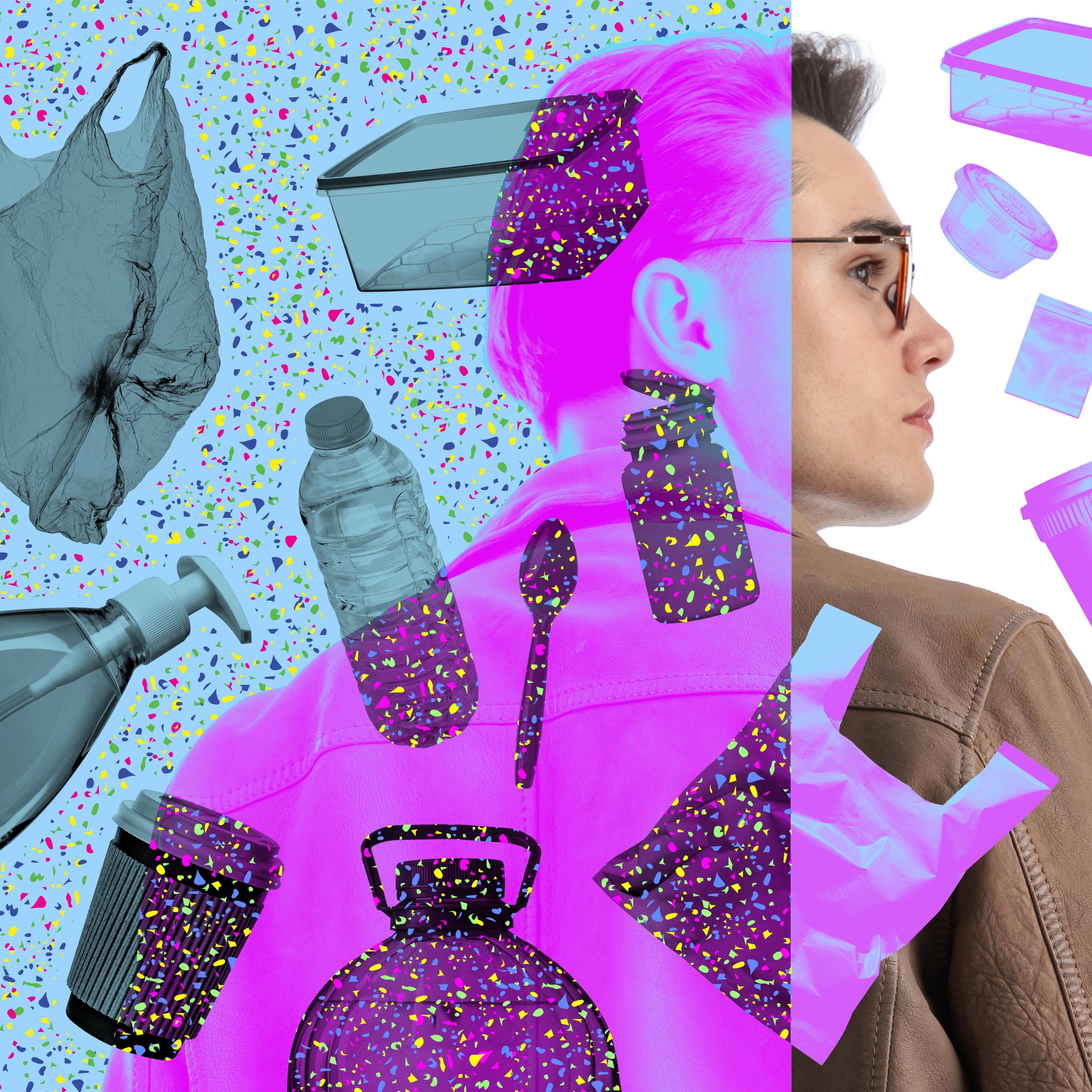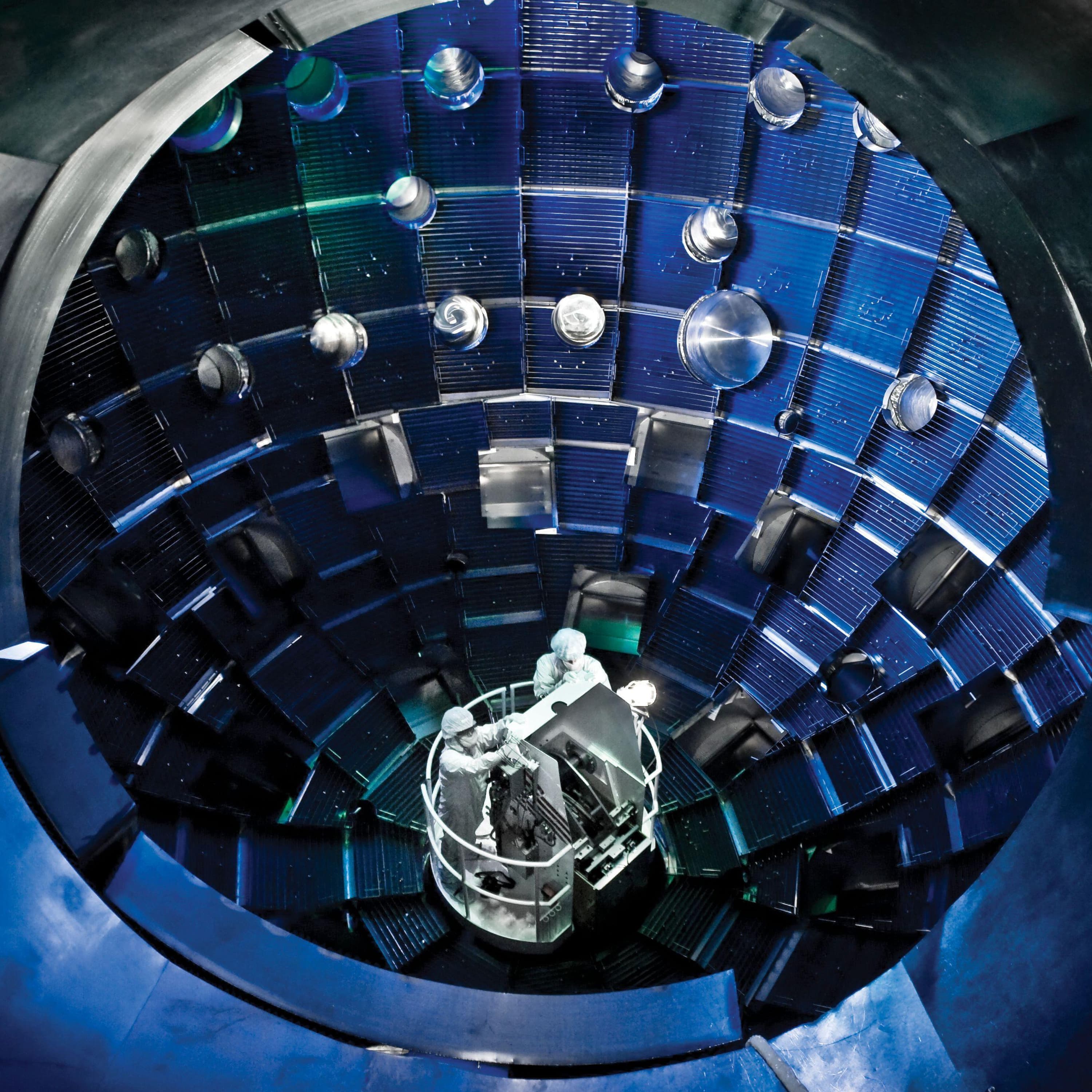
Why Theranos’s blood-testing claims were always too good to be true
Loading player...
Last week, the tech CEO Elizabeth Holmes – once described as ‘the next Steve Jobs’ – was convicted of fraud, and could face decades in prison. Her now collapsed company, Theranos, promised to revolutionise medicine with a machine that could run hundreds of health tests on just a pinprick of blood. Those claims have since been exposed as false – but could they ever have been true? Madeleine Finlay speaks to the Guardian’s wealth correspondent, Rupert Neate, about Silicon Valley’s trial of the century, and pathologist Dr Benjamin Mazer about why Theranos’s vision seemed impossible from the start. Help support our independent journalism at theguardian.com/sciencepod





